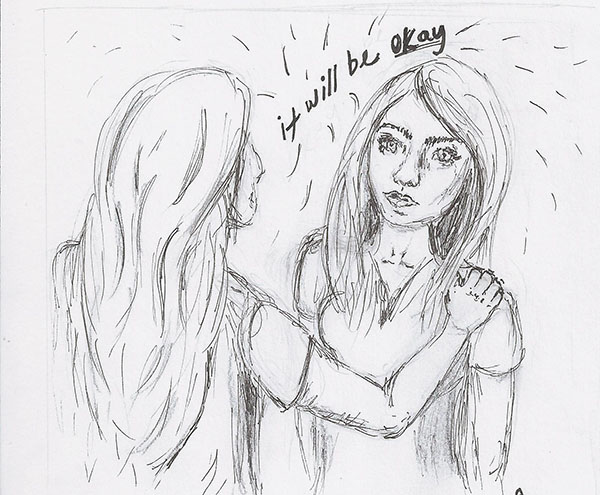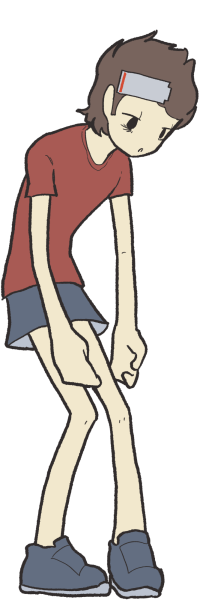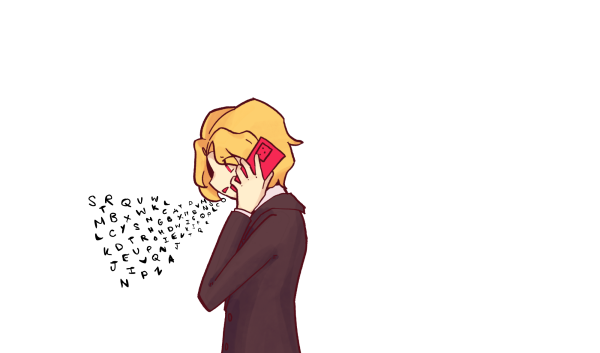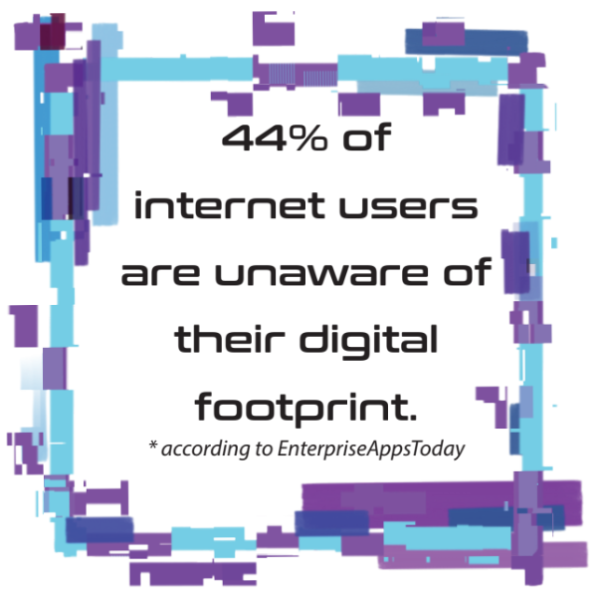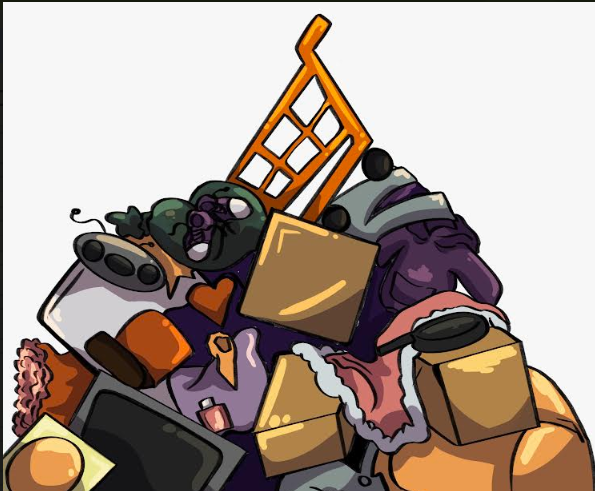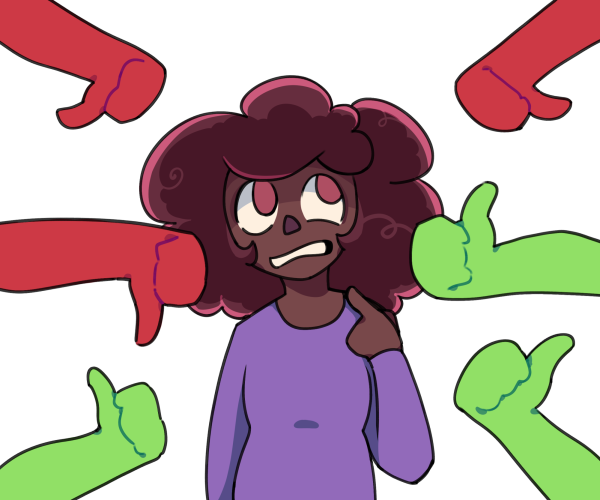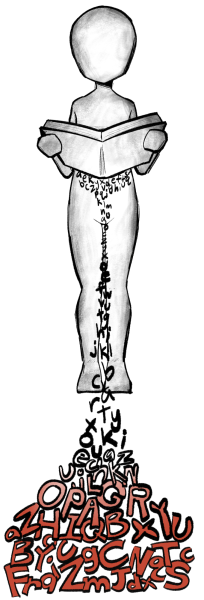Loss at young age requires thoughtful reaction
February 5, 2016
Here in the North Shore, we’re pretty accustomed to the idea that a family consists of two parents and a few kids.
The reality is that life is far from perfect. Nobody is immune to illness or accidents, and as scary as the thought is, nobody is immune to losing someone close to them. Because of this, I think there should be a common language in our society on how to treat young people who have experienced tragedy.
My mom died when I was 15. After her death, my life definitely changed. However, what changed the most was the way other people treated me.
As a kid, there’s nothing in the world like losing a parent, a sibling, a best friend or someone as equally close to you. The idea of this can be heartbreaking to a lot of people. So heartbreaking that a majority of people don’t know the right words to say or can become uncomfortable when they’re confronted with someone who has experienced loss.
It’s been two years since I lost my mom, so I’m pretty far removed from what happened to me. This time has given me the experience necessary to write my own language on how to treat people going through a tough loss.
Don’t patronize us. The constant reassurance, the excessive hugs, the puppy dog eyes… Yes, they come from a place of love, but they’re not helpful, they’re patronizing.
Avoid enabling or victimizing the person who is grieving. You don’t have to talk about how sad the situation is all the time. Saying “It will be okay” is not offensive; it’s empowering!
It’s okay to talk about the person who died. People who have lost someone close to them don’t want to feel like their loved one is forgotten. Talking about the person who died not only keeps their memory alive, but it also aids the process of grief.
Avoid saying any variation of “I could NEVER go through what you’re going through”. Wow, I feel so much better now that you made a situation that has literally nothing to do with you, all about you! Thanks!
Avoid saying any variation of “I wish I could find the right words to say…” Yep, I’m right there with you buddy. I also wish you could find the right words to say.
If you’re really at a loss for words, “I’m sorry” is the best thing to say. Unless you’re a spiritual advisor or have dealt with a similar loss, you probably don’t have any advice that’s actually helpful. However, you are a friend, and you are feeling sad and sorry about what’s happened. It’s okay to let us know. We’re sorry too.
Don’t treat us like we’re broken. I think people tend to disregard a young person’s ability to bounce back from sadness and adjust to new situations; young people are very resilient. Multiple days will go by where I won’t even think about my mom. Not because I don’t love her and miss her, but because there is so much more to my life than this one sad thing that happened to me a few years ago.
Recognize that we’re going to be okay, and we’re going to be better because of what happened to us. Young people are infamous for feeling “invincible”, but those who have seen death first hand know that life is fragile and not something to be wasted.
Not to mention that facing intense grief makes a person stronger. It forces you to grow up and become mature more than any college experience or gap year ever could. Seeing death so close confronts young people with intense questions about life, and the grieving period creates a space to find answers to these questions. Some people will not seek these answers until much later in life.
Tragedy at any age is a moving experience, but I believe that the losses young people experience become triggers for positive growth that create the fundamental aspects of who they will grow to be. Experiencing a loss is sad, but what people all too often fail to recognize are the blessings that come from that experience.
I know that for me, my mom’s death was a catalyst for my spiritual growth that led to what I believe is my purpose in life. I can say with certainty that I would not be who I am if she was still alive, and I like the person who I am today. And if my mom were here, she would agree. Changing someone for the better just might be one of the best gifts we can give to the people that we love.



